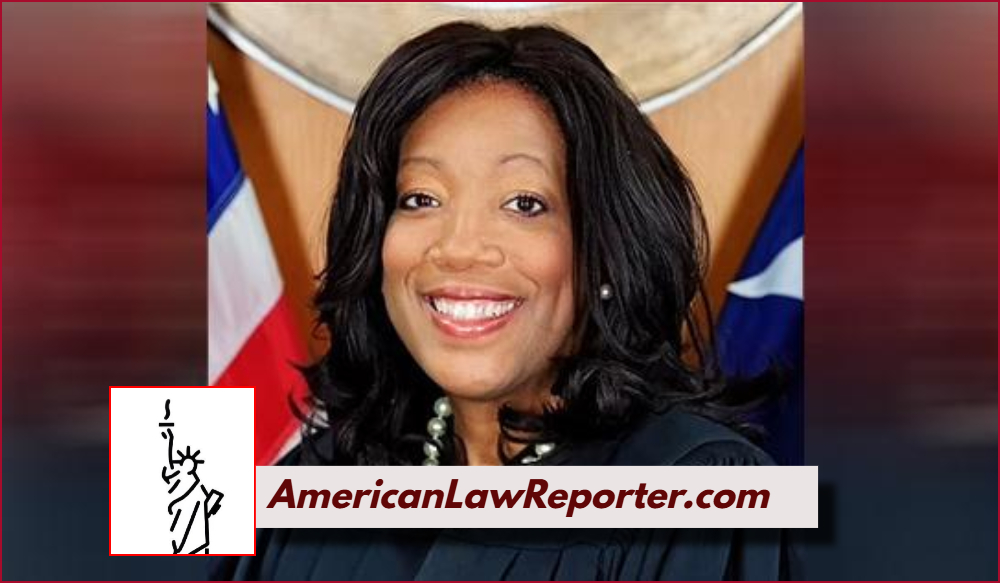Collin County District Judge Angela Tucker is facing a barrage of racist, misogynistic, and threatening messages following her decision to lower the bond for 17-year-old Karmelo Anthony, who has been charged in the fatal stabbing of fellow student Austin Metcalf at a high school track meet in Frisco, Texas.
Judge Tucker, who has served on the bench since 2012 and is the first African American district judge in the county’s history, reduced Anthony’s bond from $1 million to $250,000—a ruling that falls within the parameters of Texas law, which requires judicial consideration of the defendant’s criminal history, the seriousness of the offense, and flight risk.
Nonetheless, the ruling sparked immediate backlash online, particularly from conservative commentators who have politicized the case and levied baseless allegations of racial bias against the judge.
In the days following the bond reduction, Tucker has been subjected to a torrent of abuse online, including death threats and racist memes. Some social media users accused her of “protecting her own,” referring to Anthony, who is Black, and compared the case to those of Kyle Rittenhouse and George Zimmerman—white defendants who were acquitted after claiming self-defense.
The implication by these critics is that Tucker’s ruling was racially motivated, despite no evidence to support such a claim.
AmericanLawReporter.Com will not publish or quote the explicit hate messages, as doing so would contribute to the amplification of hate speech and harassment.

Legal Context of the Case
Karmelo Anthony has been charged with homicide in connection with the death of Austin Metcalf, who was reportedly stabbed in the chest during a verbal confrontation between the two teenagers at a track meet. Metcalf died shortly after the incident, in the presence of his twin brother.
According to reports, Anthony questioned officers at the time of his arrest about whether his actions could be considered self-defense. While full details surrounding the altercation have not yet been disclosed, the defense may argue that Anthony acted out of fear for his safety.
Under Texas law, individuals are permitted to use deadly force in self-defense if they reasonably believe it is necessary to protect themselves from serious bodily harm or death. The viability of that defense will be tested during the course of legal proceedings and will ultimately be decided by a jury based on the facts presented.
Threats Against the Judiciary

Legal experts and judicial advocates have expressed concern over the volume and severity of threats directed at Judge Tucker in recent days. Such attacks on members of the judiciary have increased in recent years, particularly in high-profile cases involving race, public safety, and perceived political significance.
“Threats against judges not only endanger the individuals involved but also threaten the integrity of the judicial system as a whole,” said a legal ethics professor contacted for comment. “When legal decisions are distorted through a political or racial lens, especially without a full understanding of the facts or the law, public trust in the rule of law suffers.”
Judge Tucker has not issued a public statement regarding the threats, and it remains unclear whether law enforcement has opened an investigation into the harassment.
In the meantime, legal observers continue to follow the Anthony case closely as it moves through the pretrial phase.
Whether the teen’s self-defense claim proves viable remains to be seen, but experts caution that judicial decisions—especially regarding bail and bond—are made based on statutory guidelines and case-specific considerations, not personal identity or public sentiment.
The FBI has already launched an investigation into the death threats and vile comments targeting Judge Tucker. Per TMZ Sports, authorities said that Judge Angela Tucker has also been assigned extra security.

